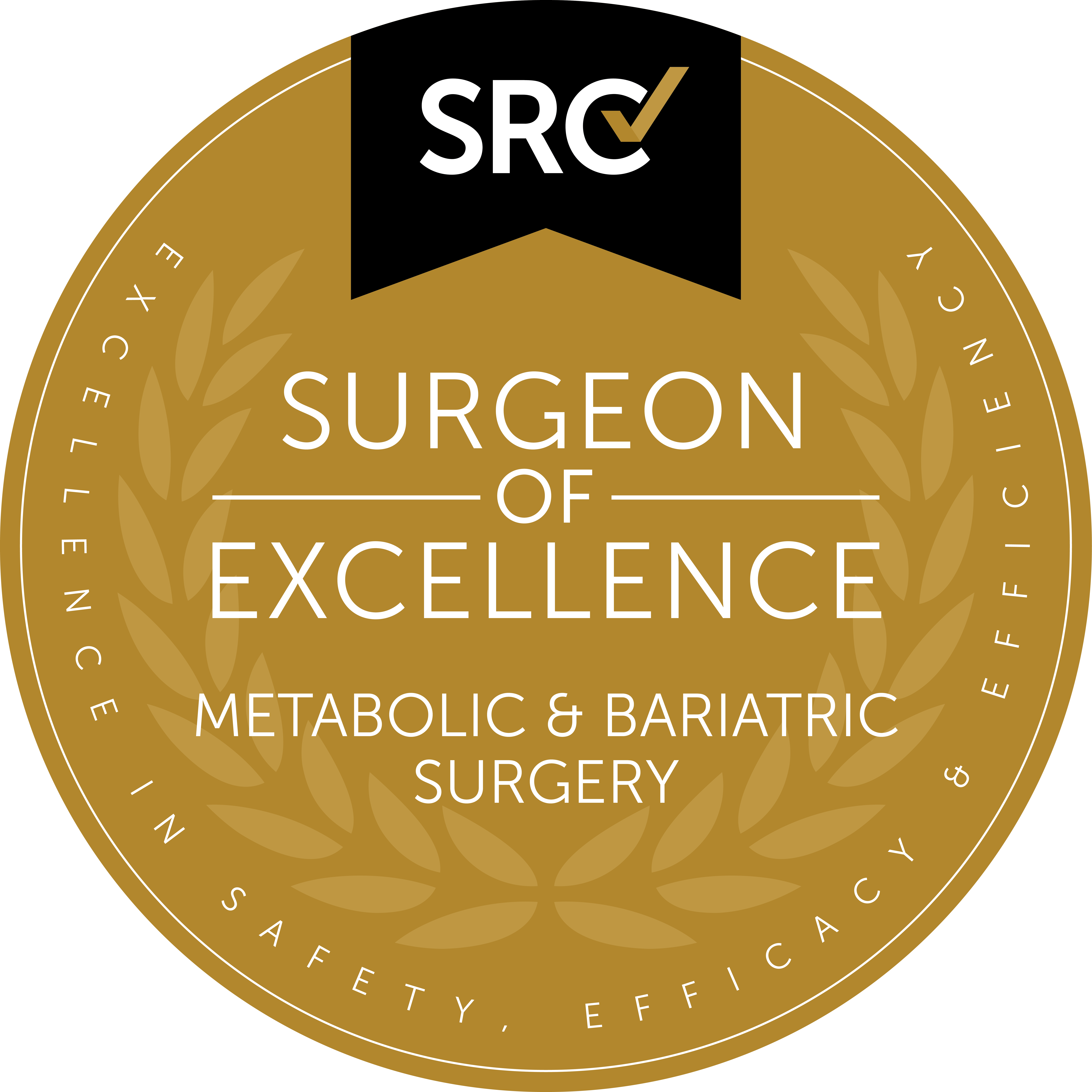Specialty
Obesity Surgery
Metabolic Surgery (Diabetic Surgery)
Proctology Surgery
Contact
Specialty
Obesity Surgery
Metabolic Surgery (Diabetic Surgery)
Proctology Surgery
Contact
Specialty
Obesity Surgery
Metabolic Surgery (Diabetic Surgery)
Proctology Surgery
Diabetes is a disease that occurs when the amount of sugar in the blood rises due to insufficiency of the insulin hormone secreted from the pancreas or resistance to the effect of insulin in the tissues. Hyperglycemia (elevated blood sugar levels) is observed in individuals with diabetes due to insulin deficiency or ineffectiveness.
If the symptoms of diabetes are mentioned; frequent urination, drinking a lot of water and thirst are seen due to the increase in the amount of sugar in the urine. Due to the inability of cells to use glucose, body energy is provided from proteins and fats instead of glucose. Thus, the individual both weakens and ketones (acetone) are formed in the urine.
There are two types of diabetes, Type 1 and Type 2. In Type 1 diabetes, the body does not secrete enough or no insulin. The most important causes of Type 1 diabetes are heredity, viruses that damage the pancreas or destruction of cells that make insulin. In type 2 diabetes, the body secretes the necessary insulin but cannot use it as desired. The most important causes of type 2 diabetes are age, obesity, stress and hypertension.
The aim of diabetes treatment is to keep blood glucose levels within normal limits throughout life and to prevent related disorders and improve the quality of life. Treatment steps are; nutrition, physical activity, insulin or medication. Since the main source of blood sugar is food, the most important treatment step is nutrition. The points that diabetes patients should pay attention to in their nutrition are as follows:
Some foods help stabilize our blood sugar:

Op. Dr. Mehmet Deniz
Nisan 30, 2025
Did you find this content useful? Share it on your social media accounts:
Share with Facebook
Share with Twitter
Share with WhatsApp

Contact
+90 (533) 641 80 90
+90 (551) 690 80 90
[email protected]
Mimar Sinan, Işılay Saygın Sokak No: 23 K, D:1, 35220 Konak/İzmir
© 2023 Op. Dr. Mehmet Deniz - Izmir's First Metabolic Surgery Center
Designed By
Free Pre-Interview